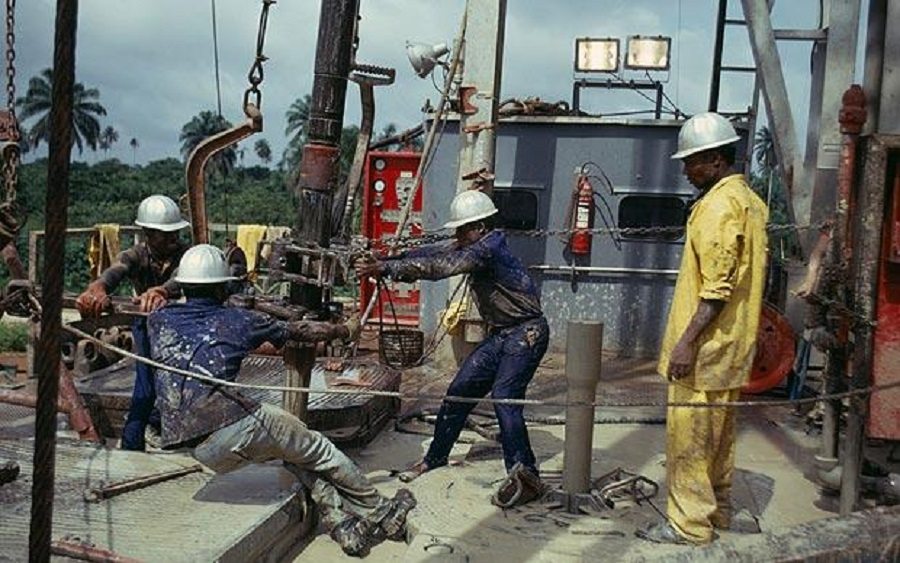There are no products in your shopping cart.
| 0 Items | £0.00 |


NIGERIA'S economy has received a big boost following a recent rally in the global petroleum market leading to the price of Brent Crude climbing to its highest point in nine months to over $94 a barrel.
Heavily dependent on crude oil for her survival, Nigeria is a mono-economy with over 90% of federal government revenue coming the export of petroleum products. Nigeria's Bonny Light Crude is identical to Brent Crude oil, whose price has just rallied to $94.38 per barrel as global supplies tighten.
Of late Saudi Arabia and Russia had hinted of intentions to cut supply which has contributed to the recent upward trajectory in oil prices over the past few weeks. Both nations announced their resolve to defer production cuts until later on this month and the market responded with a sharp price increase.
In the wake of a slowdown in global industrial output, precipitated by the coronavirus pandemic, oil prices collapsed as stocks grew. In response to this, major producers, led by the Organisation of Petroleum Exporting Countries (Opec), initiated a series of production cuts aimed are curtailing supplies.
Global loadings of crude and condensate plunged in August to the lowest level since June 2022, led by a slump in Saudi Arabia’s cargo loadings. According to online analyst Vortexa, global supply is tightening, while China’s crude imports are recovering.
Jay Maroo, the head of market intelligence and analysis at Vortexa, said: “This combination of tighter supply and rising demand is likely to continue through to the end of this year and support pricing, especially given the recent extension to voluntary Saudi production cuts amid a general pick up in global refinery runs."
Last week, Saudi Arabia extended its voluntary production cut of 1m barrels a day through to December, which pushed the prices of both Brent and WTI oil prices above the $90 a barrel mark this week. According to Vortexa data, global crude and condensate loadings dropped to around 47m barrels per day in August, the lowest level since June 2022, as loadings from Saudi Arabia fell by nearly 1.1m barrels.